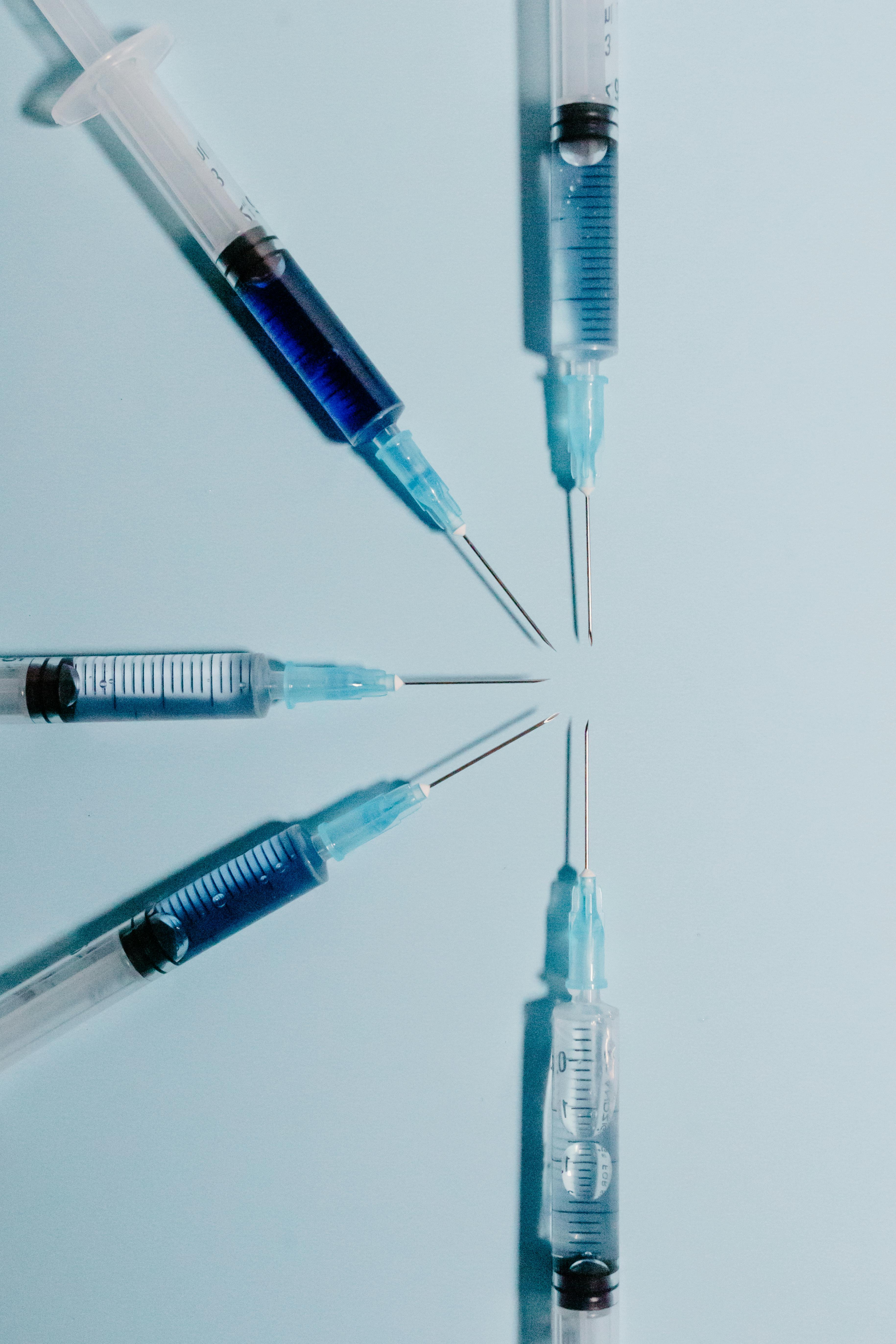Why More Health Data Isn’t Making You Healthier
More data doesn’t automatically mean better health.

A primary care membership for patients who want more. Primary Care. Nutrition. Wellness. All under one roof.
We live in an era of radical health empowerment. With a few clicks, you can order at-home test kits, wear a continuous glucose monitor, track your sleep and heart rate through a wearable, or book yourself a full-body MRI.
In theory, all this access should make us healthier than ever. In reality? Many people end up overwhelmed, confused, health-anxious — and no healthier at all.
Here's why chasing health data without expert guidance can backfire—and what a smarter, more sustainable approach looks like.
The Allure (and Limitations) of DIY Health Data
The rise of direct-to-consumer (DTC) testing and advanced diagnostics has been fueled by a desire for:
- Greater transparency
- Early detection
- More control over personal health
Products like:
- Microbiome tests (Viome, Thryve)
- Genetic testing (23andMe, Nebula Genomics)
- Functional lab panels (Everlywell, InsideTracker)
- Wearables (Levels CGM, Oura Ring, Apple Watch)
- Full-body MRI scans (Prenuvo, Ezra)
...offer a wealth of data at your fingertips. But information alone doesn't drive transformation. Without context, expertise, and a plan, even the most sophisticated tools can leave you spinning your wheels.
The Pitfalls of Managing Your Health Data Alone
1. You Don’t Know What to Prioritize
DTC platforms often flood you with dozens (sometimes hundreds) of biomarkers, genetic variants, or “insights.” Without a clinical framework, it’s nearly impossible to know:
- Which findings are clinically meaningful
- Which results are false positives or low-risk
- What to act on now vs. monitor over time
Result: People either ignore the data altogether—or worse, obsess over irrelevant findings.
2. You Don’t Know How to Take Action
Even if you spot an issue ("borderline glucose elevation" or "suboptimal gut diversity"), now what?
- Should you change your diet?
- Do you need medication?
- Is it serious or not?
- Should you see a specialist?
Without expert interpretation and a personalized plan, most people feel stuck—or end up making arbitrary, ineffective changes based on questionable advice from the internet or social media.
3. You Have No System for Follow-Up
Real health optimization requires monitoring over time, not just a one-time snapshot.
- Are interventions working?
- Are numbers improving?
- Is an abnormality progressing or resolving?
One-off tests offer no pathway for retesting, no longitudinal context, and no adjustment plan. Without feedback loops, you're flying blind.
4. Not All Tests (or Devices) Are Created Equal
There’s huge variability in:
- Accuracy (some microbiome or food sensitivity tests are borderline pseudoscientific)
- Clinical relevance (not every full-body MRI “finding” matters)
- Applicability (you don’t need every test just because it exists)
More data is not always better—it’s strategic, targeted data that moves the needle.
Why Partnership With a Clinical Team Matters
If you're serious about using advanced testing to improve your health, you need more than access—you need a team to:
Personalize Your Testing
A good clinician doesn't order every available test—they curate the right ones based on:
- Your personal medical history
- Your family and genetic risks
- Your current symptoms and lifestyle
- Cost-effectiveness and clinical actionability
This ensures your money is spent where it matters most, not wasted on redundant or irrelevant diagnostics.
Interpret Results in Context
Is an “abnormal” lab result truly concerning? Or just normal variation for you?
Clinicians trained in functional and precision medicine know how to:
- Distinguish signal from noise
- Connect findings across systems (e.g., gut health, hormones, metabolism)
Understand your labs in the context of your goals (energy, fertility, longevity, disease prevention)
You get a holistic, human-centered view—not an isolated PDF report.
Turn Data Into a Plan—and Track Progress
Data is just the starting point. The real magic is in the plan:
- What should you change (diet, exercise, supplements, medications)?
- What specialists should be involved?
- How often should you re-test?
- How do we measure progress over time?
Ongoing support and adjustments ensure that your health actually improves—not just looks good on paper for a day.
Consolidate & Streamline Your Health Information
When you piece together wearable data, lab results, MRIs, and DTC reports on your own, it’s chaos. An integrated care team:
- Organizes and synthesizes your findings
- Highlights true priorities
- Manages information flow between specialists
- Communicates clearly what matters and what doesn’t
This turns overwhelming noise into clear, actionable steps.
Our Approach at The Lanby
At The Lanby, we embrace advanced diagnostics and innovation—but we put it in service of strategic, personalized care.
- We help members access top technologies like Prenuvo full-body MRI at preferred rates.
- We advise on whether wearables like CGMs make sense based on individual risk factors.
- We integrate functional labs, microbiome, genetic, and conventional data into a unified care plan.
- Most importantly, we partner with you over time—so that your investments in testing and tracking lead to real, measurable health outcomes.
Your health journey should feel empowering, not exhausting.
Bottom Line
More data doesn't equal better health. Better guidance + smarter data = better health.
If you’re ready to take your health optimization seriously, don’t go it alone. Partner with a team that knows how to turn information into transformation—and who stays by your side to make sure it happens.

If you're curious to learn more about The Lanby, book a free consult call and we'll chat about how The Lanby can be your personalized long term health and wellness partner.

Kendall is a graduate of the University of Mississippi, with a B.A. in Integrated Marketing Communications and a minor in Business Administration. She received her certificate of Nutrition Science from the Friedman School of Nutrition at Tufts University.

Chloe holds a bioengineering degree from the University of Pennsylvania. As a breast cancer survivor, her insights shape The Lanby's patient-centric approach. Leveraging her healthcare strategy background, Chloe pioneers concierge medicine, bridging gaps in primary care.

Tandice was recognized with the Health Law Award and named a Ruth Bader Ginsburg Scholar at Columbia Law School. Tandice's editorial role is enriched by her insights into patient autonomy and gene modification legalities. Passionate about bioethics, she is committed to crafting patient-centric healthcare solutions.





